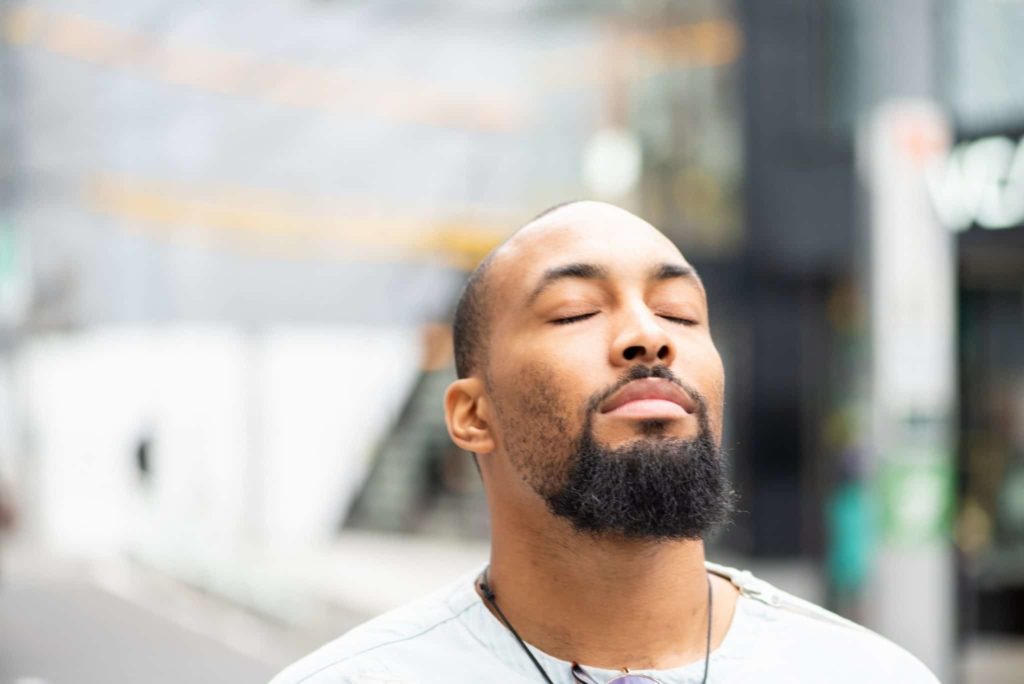Statistics indicate that people within the black community are less likely to receive the services they need to address mental health problems, leading to worsened outcomes and a greater burden of disability. For this reason, it’s important for members of the mental health community to find better ways of connecting with and providing services to African American patients. [inline_cta_four]
Mental Health Disparities In The Black Community
Studies have shown that black adults are considerably more likely than white adults to experience ongoing symptoms of depression and/or emotional distress. The situation is even more serious for black people living below the poverty line. Unfortunately, even though mental health issues are more severe among members of this community, the Health and Human Services Office of Minority Health reports that two out of every three black people in need of mental health services are not receiving treatment. The mental health disparities in the black community exist for several different reasons, including:
Stigma
One of the reasons members of the black community are less likely to seek help for mental health problems is related to the stigma surrounding these issues. Having a mental health diagnosis may be viewed as a personal weakness or deficit within the community. Because of this, black Americans are sometimes reluctant to get professional help when they experience symptoms of mental illness.
Faith
Spirituality and faith are integral parts of culture for many black Americans. Instead of seeking professional help when struggling with mental health issues, black Americans may look to their church or spiritual leaders for guidance. Although spirituality can be helpful on the journey to recovery, it is more effective when combined with medical care.
Discrimination
Throughout American history, black Americans have been victims of unfair, discriminatory treatment in the medical field. Many of these issues continue today. When healthcare providers have biases that cause them to discriminate against black Americans with mental health problems, patient outcomes suffer.
Lack Of Cultural Competency
Cultural differences often cause black Americans with mental health concerns to present differently than members of other racial groups. For example, when dealing with depression, black Americans are more likely to focus on describing physical symptoms, as opposed to emotional symptoms. If a healthcare provider is not culturally competent, they may not consider a diagnosis of depression in this case.
Improving Mental Health Care For African Americans
Improving mental health care within the black community should be a priority for healthcare providers and the general public.
Healthcare Providers
For healthcare providers, the best strategies for dealing with this issue are aimed at reducing biases and improving cultural competence. When healthcare providers are able to identify and confront the biases that cause them to discriminate against members of the black community, they can provide a better quality of care. Likewise, teaching healthcare providers to be culturally competent reduces the likelihood of misdiagnosis and improper treatment.
The General Public
For black adults experiencing distressing symptoms, improving mental health likely involves seeking professional treatment from a culturally competent provider. When someone experiences mental health symptoms, it’s best to make an appointment directly with a mental healthcare professional, as opposed to waiting until symptoms require emergency treatment. It’s also important to look for a culturally competent mental healthcare professional who understands black culture and has experience treating African American patients. Before choosing your healthcare provider, take the time to learn about their background to ensure the best possible outcome.


